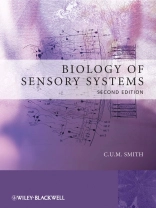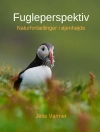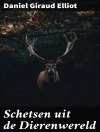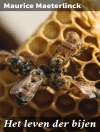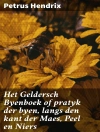Since publication of the first edition, huge developments have
taken place in sensory biology research and new insights have been
provided in particular by molecular biology. These show the
similarities in the molecular architecture and in the physiology of
sensory cells across species and across sensory modality and often
indicate a common ancestry dating back over half a billion
years.
Biology of Sensory Systems has thus been completely
revised and takes a molecular, evolutionary and comparative
approach, providing an overview of sensory systems in vertebrates,
invertebrates and prokaryotes, with a strong focus on human
senses.
Written by a renowned author with extensive teaching experience,
the book covers, in six parts, the general features of sensory
systems, the mechanosenses, the chemosenses, the senses which
detect electromagnetic radiation, other sensory systems including
pain, thermosensitivity and some of the minority senses and,
finally, provides an outline and discussion of philosophical
implications.
New in this edition:
* Greater emphasis on molecular biology and intracellular
mechanisms
* New chapter on genomics and sensory systems
* Sections on TRP channels, synaptic transmission, evolution of
nervous systems, arachnid mechanosensitive sensilla and
photoreceptors, electroreception in the Monotremata, language and
the FOXP2 gene, mirror neurons and the molecular biology of
pain
* Updated passages on human olfaction and gustation.
Over four hundred illustrations, boxes containing supplementary
material and self-assessment questions and a full bibliography at
the end of each part make Biology of Sensory Systems
essential reading for undergraduate students of biology, zoology,
animal physiology, neuroscience, anatomy and physiological
psychology. The book is also suitable for postgraduate students in
more specialised courses such as vision sciences, optometry,
neurophysiology, neuropathology, developmental biology.
Praise from the reviews of the first edition:
‘An excellent advanced undergraduate/postgraduate textbook.’
ASLIB BOOK GUIDE
‘The emphasis on comparative biology and evolution is one of the
distinguishing features of this self-contained book. …. this is
an informative and thought-provoking text…’ TIMES HIGHER
EDUCATIONAL SUPPLEMENT
Giới thiệu về tác giả
Dr. Christopher Upham Murray Smith. Honorary Visiting Fellow, Vision Sciences, Aston University, Birmingham, UK.
